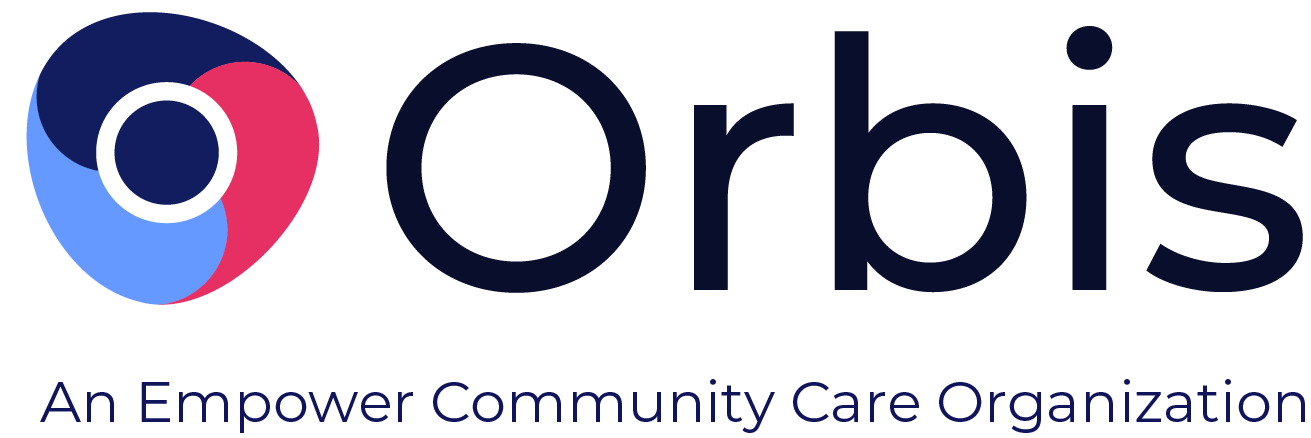Juvenile risk assessment tools are becoming increasingly popular among probation officers and behavior therapists as a way to reduce the risk of recidivism and improve outcomes for youth involved in the juvenile justice system.
Juvenile probation is a form of sentencing that allows justice-involved youth to remain in their communities while under the supervision of the court. During the probationary period, a youth may be required to follow certain terms or conditions. Probation can be used at the front end of the youth’s sentence instead of confinement, or at the end of sentencing for youth incarcerated in a juvenile facility.
Children under probation are expected to stay on good behavior. They go to school, participate in school activities, and return home to finish homework. Some youth on probation have jobs, and others may be required to work on special projects such as volunteer jobs in their communities. As a better alternative to out-of-home placements, probation can provide a beneficial environment to help a young person achieve positive outcomes.
Probation programs are ideally set up to help young people correct their behaviors without removing them from their communities. While they are not adults, they depend on their parents or guardians for a place to sleep, food to eat, and clothes to wear. They also, whether they want to or not, rely on adults to guide them. Justice-involved youth may not want to accept help from guardians or parents, but probation officers rely on adults close to the youth to encourage and assist in the program.
Many youths have learned from their experience in juvenile court or incarceration in secure facilities, and they try their best to follow the rules and sanctions set by the court. They are children, however, and are often coerced by peers to “break the rules.” In these cases, the assigned probation officer relies on the parents or guardians to report case violations.
Violations of the sanctions imposed by the court or failure to live up to the conditions of probation will lead to a violation. When this happens, the court could revoke probation and place the youth in a residential facility, prescribe more intensive counseling programs, or impose further conditions on the youth.
How Can a Probation Officer Assess the Needs of Youth?
According to the Office of Juvenile Justice and Delinquency Prevention, more than half of the cases brought before a juvenile court result in a child being sentenced to probation. In 2018, there were 260,200 delinquency cases that resulted in youth being sentenced to probation.
Once sentenced, a youth is assigned a probation officer, who usually is responsible for overseeing that the youth is attending class, working at an acceptable location, and following all the guidelines and conditions of their sentence. However, most probation officers who believe in the justice system and their jobs, do more than police a child on probation. They listen, comfort, guide, and provide a friendly shoulder for the youth.
Jurisdictions differ from area to area, but all agree that youth probation officers are more than just guards over a juvenile’s time. Many probation officers say that incarceration or detention is the last resort. Instead, probation should be used as a rehabilitative tool that reduces the chances that a youth re-offends. The goal is to get to the root of the problem and steer behavior in the right direction.
Courts and probation systems are moving away from control, coercion, incarceration with no treatment component, boot camps, and programs that scare children into good behavior—programs that have been shown to cause recidivism.
Probation officers with backgrounds in social work have more of a focus on rehabilitation rather than punishment. A probation officer assesses the needs of the child and determines what is best, typically through a risk/need assessment tool. All probation officers agree that the most successful programs include the child’s parents and guardians. Supportive families provide a way for youth to change their lives and turn toward productive activities.
Children placed in the probation system have an increase in successful turnaround statistics when enrolled in counseling and therapy services that work with their needs and the needs of their families. Moreover, participating in a screening or an assessment can inform court officials which services and needs would be beneficial and effective for the youth depending on their level of risk/need.
According to Juvenile Justice Geography, Policy, Practice & Statistics, states in the U.S. are still adopting juvenile risk assessment tools; “42 states support risk assessments through either state statute or probation agency policy. In addition, many states have a state agency recommendation to adopt risk assessments in juvenile probation.” Risk assessments help with rehabilitation, and they give probation officers and other professionals an accurate prediction of the youth’s likelihood to reoffend.
Juvenile risk assessment tools, such as the Youth Assessment and Screening Instrument (YASI™), an innovative risk assessment tool designed by Orbis Partners, have good gauges for treating youth and reducing recidivism. YASI measures risk, needs, and protective factors in at-risk and justice-involved youth. It provides a vehicle for entering and analyzing information collected by probation officers, caseworkers, youth service managers, social workers, and other professionals who assess at-risk youth. YASI allows these professionals to immediately link client assessment results to individualized case planning and service provision.
Probation officers and behavior therapists use the YASI to identify the specific needs and risk factors of each youth and develop a tailored plan to address those needs and reduce the risk of reoffending. For example, a youth who scores high on the YASI's substance abuse scale may be referred to a drug treatment program, while a youth who scores high on the YASI's mental health scale may be referred to counseling and therapy.
Orbis Partners provides solutions for criminal justice and human services systems, specializing in designing and implementing services for at-risk client groups. Orbis’ risk/needs assessment tools for youth are designed to guide the casework process by incorporating an individual’s unique set of needs. For more information about assessments related to at-risk youth, visit our Assessments page by clicking here.


